Basset Hound
The Basset Hound is a dog breed from the scenthound family initially bred for hunting and tracking small game such as hares, rabbits, and foxes. This breed has an extremely good sense of smell, one of the best in the whole canine kingdom. These laid-back, cool dogs are not the most active of breeds, but you should try and keep them as active as possible because their behavior makes them highly susceptible to obesity.
They are very adaptable and loving house pets that get along great with all family members, even the children.
They have been used for marketing purposes and are known worldwide for their role as the leading dog in Hush Puppy commercials. They are not famous just for their acting but also for their hunting abilities. They have a keen sense of smell that helps them follow a scent trail long after it has been left. What they lack in speed, they definitely make up in tracking and perseverance.
When they’re not hunting, they are incredibly lovable and a bit lazy house pets. They are very friendly and calm. They were bred as pack dogs and hunters, so being around other dogs comes naturally to them. They thrive in the company of both other dogs and humans.
Dog Breed Video

Height:
13-15 in (33-38 cm)

Weight:
50-65 lb (22-30 kg)

Origin:
Great Britain

Life Expectancy:
12-13 years
Dog Breed Characteristics
Appearance
With their short legs, Basset Hounds are medium-sized, hard-working dogs. A dewlap is an acceptable addition to their necks, but it shouldn't be overdone. The breed should have shoulders that are not too heavy, leading to short but strong front legs with a lot of bone in the front of the animal.
Long, deep, and wide, the Basset Hound should have enough space between its chest and the floor to be able to move over any terrain. The back should be broad and flat but not too long, resulting in strong, muscular back legs. Having some wrinkles on the legs is fine, but they should not be excessive.
Domed heads are ideal for the breed, but they should not be so narrow that they appear pointy. However, excessive wrinkles on the brow are not acceptable and should not affect the dog's eyes. When using a scissor bite, make sure your jaws are sturdy. The Basset Hound's eyes should be round, dark, and calm. Its long, drooping ears give it away a distinct look. Ideally, they should be narrow and finely textured, with a length that is just a smidge longer than that required to reach the muzzle.
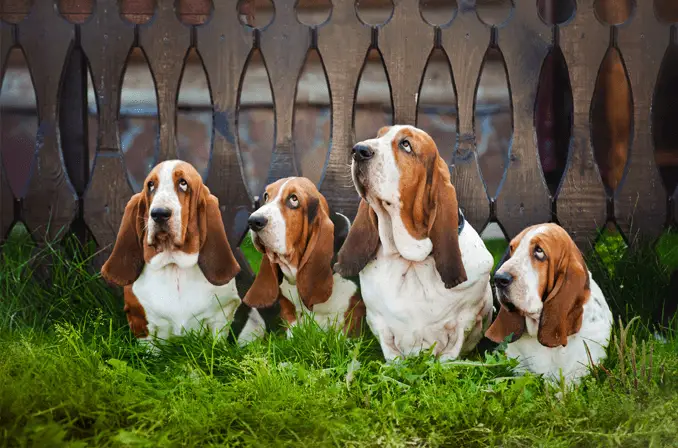
Despite their diminutive frame, these dogs can move swiftly and efficiently. While moving forward, the back legs should propel the movement, and the toes should not drag on the ground.
Coat type and color
Because of their short, silky hair, Basset Hounds have a coat that repels dirt. Their fur is thick enough to keep them warm and dry in any weather. Their skin is loose and pliable, giving the dog its signature droopy look.
The Basset Hound's official standard permits all hound colors, which is not something uncommon for various hound breeds. However, Bassets typically come in;
- tri-color (tan, black, and white)
- black and white
- brown and white
- red and white
Lemon and white combinations are acceptable, but they're fairly rare.
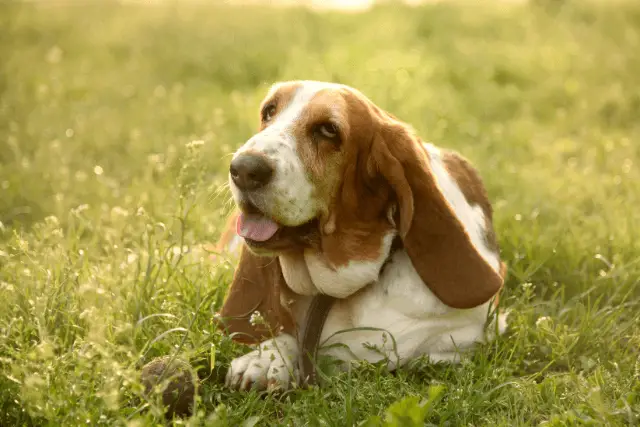
Temperament
This breed is a good-natured clown with a strong sense of humor, and the Basset is no exception. With their pleading gaze, these dogs beg for treats from those they love the most, which is pretty much everyone.
Bassets, despite their sleepy demeanor, are highly intelligent canines that quickly pick up on social cues. That means they will learn to mimic "helpless" body language and tail wagging to get what they want. It is common for a Basset Hound to roll over on their back, moan, and use their puppy-dog eyes to get their owners to let them stay on the couch.
As a pack dog, the Basset has a strong sense of teamwork. These dogs live by the motto "The more, the merrier," and they love to hang out with everyone, including children, dogs, and cats.
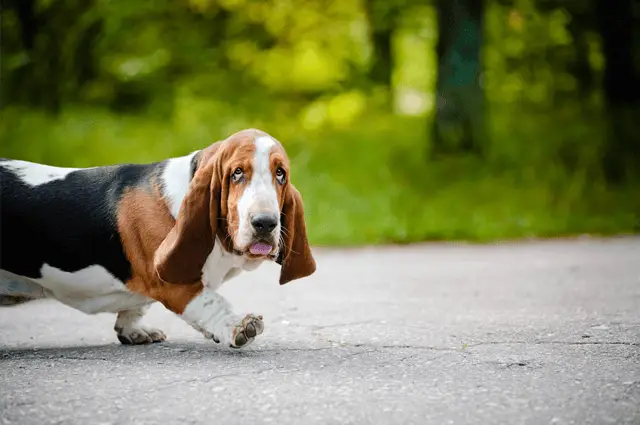
They consider themselves hounds and are guided by their noses. Because of the dog's insatiable curiosity, it is easy for the Basset to get into all sorts of trouble, including the path of oncoming traffic. For their own protection, these need to be kept in a fenced-in yard.
The Basset Hound's instincts can be controlled by participating in activities like tracking (following rabbit scent). Keep them happy and healthy by taking them out for a long, leisurely stroll every day. The fact that a Basset is bred for all-day hunting means that you're unlikely to tire them out.
Care guide
The Basset Hound is a perfect family pet despite their hunting and tracking heritage. They are not as active as other breeds, but these dogs still require proper care. Bassets will still need grooming, training, exercise, and socialization. Talk to your vet and make sure you include everything in your Basset's care guide.
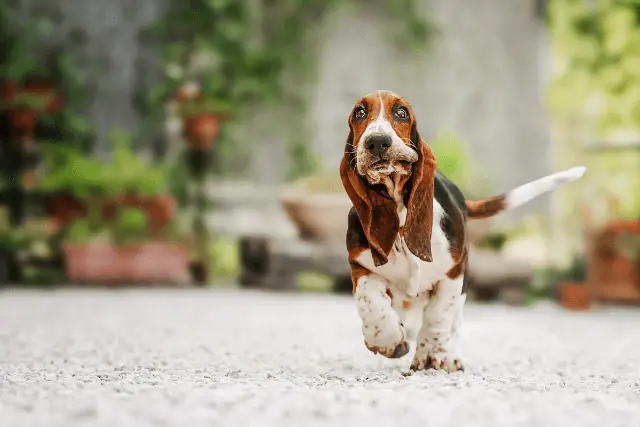
Grooming
Taking care of a Basset should be fairly straightforward. Their short hair coats are water and dirt resistant. The Basset's coat maintenance requires a good brushing with a bristle brush or a grooming glove to keep their coats healthy and good-looking. As long as you brush your Basset Hounds on a weekly basis, you won't have to worry about shedding.
Long, dangling ears make Basset Hounds vulnerable to ear infections. Once a week, use an ear-cleaning solution to remove wax and dirt from your Basset Hound's inner ears. If you want to keep their pearly whites tartar and bacteria-free, brush them at least twice or three times per week. To avoid dental issues, brushing your dog's teeth daily is recommended.
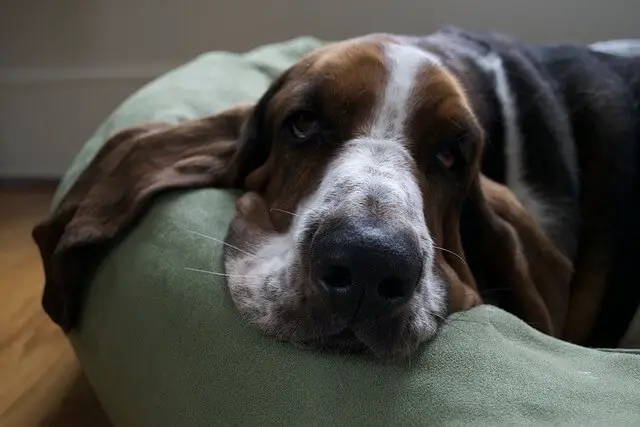
Make sure to trim your dog's nails at least once every two weeks. You know they're too long if you hear them while the dog walks. When your Basset jumps on you, your shins will be less likely to get scratched if their nails are kept short and neatly trimmed.
Training
To train Basset Hounds, you'll have to deal with their stubbornness and independent nature. When puppies are just eight weeks old, they should begin learning basic obedience and be retrained several times a day to keep them on track.
Throughout their history, scenthounds such as Bassets and other breeds developed the ability to hunt independently. This has resulted in them focusing on following their own noses. Training a Basset Hound can be difficult because the dog ignores its owner's commands and becomes aloof and uninterested in them.
During training sessions, this breed responds well to treats and positive reinforcement. To avoid making Bassets more resistant to training, do not use methods that rely on physical punishment. They, like all dogs, must be properly socialized early.
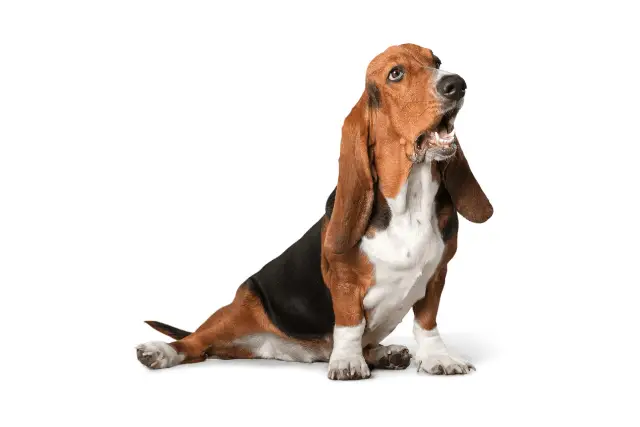
Exercise needs
A minimum of one hour of daily exercise is recommended for Basset Hounds. To avoid becoming overweight, the breed needs to be properly exercised despite its lack of vigor compared to some other breeds. Since the Basset Hound was originally bred to cover long distances while hunting, it has a strong work ethic and should be exercised regularly to maintain that. Because of this, it is ideal but not necessary to allow the dog to roam safely without a leash.
Socialization
Socialization should play an important role in your Basset Hound's life. Most hounds are somewhat stubborn and wary of strangers, which means you have to start this process early. Make sure your dog is used to different situations, people, dogs, sights, and sounds while they're still a puppy. This is the safest way to ensure the puppy develops into a confident adult dog with no behavioral issues.
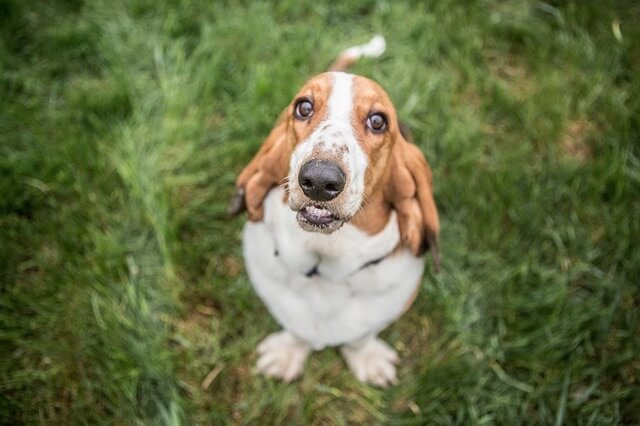
Basset Hounds and kids
Basset Hounds typically love kids. However, your Basset will need to be guarded against kids who want to ride them or unintentionally abuse them. Individual dogs may have different temperaments, so it's a good idea to start out slowly and see how it goes.
Basset Hounds and other pets
Being pack dogs, Basset Hounds instinctively enjoy the company of other dogs. They can even get along with cats if introduced to them early in life. The fact that they are trackers rather than hunters means that they do not possess an intense desire to capture prey. An early introduction to other animals is the best way to get them to get along.
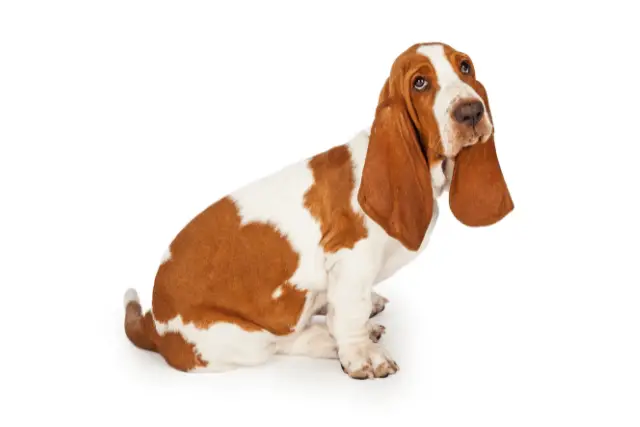
Health
Basset Hounds can be healthy if they're bred properly. However, their specific body shape makes them vulnerable to particular health problems. Their average lifespan is 12 - 13 years, but it can be reduced significantly if they develop any of these issues. Here are the health issues future Basset owners should be aware of;
- Glaucoma - This breed is genetically susceptible to developing glaucoma. If left untreated, blindness can occur.
- Hip dysplasia - Various factors can contribute to hip dysplasia, including genetics, developmental abnormalities, and trauma. It has an effect on the hips and causes an incorrectly formed joint.
- Progressive retinal atrophy - An eye disease that affects the retina and causes it to deteriorate over time.
- Ear infections - You should check your dog's ears for signs of infection or redness regularly, especially if they enjoy swimming.
- Von Willebrand's Disease - Humans and dogs alike can be affected by Von Willebrand's Disease, a problem with blood clotting.
- Gastric torsion - Gastric torsion, or bloat, causes the stomach to twist violently. It can be life-threatening.
- Allergies - Food, products, or medications can cause allergic reactions Bassets.
- Patellar luxation - A condition in which the kneecap pops out of its normal position.
- Panosteitis - A rare disease that affects young Basset Hound dogs. When puppies are two years old, they usually outgrow the condition with no long-term consequences.
- Thrombopathia - Dogs who suffer from thrombopathia have an abnormality in their ability to clot blood.
- Intervertebral disc disease - Due to their unique body shape, Basset Hounds are more susceptible to intervertebral disc disease.
- Obesity - Lack of exercise can lead to obesity in Basset Hounds.
- Cherry eye - In the case of the cherry eye, a protruding gland beneath the third eyelid causes the eye to look red.
Basset Hound breeders
If you're absolutely adamant about getting a Basset Hound, the next thing you should do is look for a good Basset Hound breeder. Since this breed is prone to various health issues, you must get a well-bred dog. The worst thing you can do for your puppy is to get it from a questionable source. Talk to the breeder and ask them as many questions about the breed as possible.
They will be glad you have questions and are genuinely interested in the breed. They can certainly give you great insight and advice. If you're not sure this is the right breed for you, check out this helpful FREE GUIDE.
World Dog Finder team

Updated at30.08.2023.
Breed History
The Basset Hound is a medium-sized, short-legged scent hound breed. To hunt rabbits and hares, French monks first developed the breed in the late 1500s. Its exceptional ability to follow scents through dense foliage was its most prized quality. The breed was originally referred to as the St. Huberts, after its creator. A slower, shorter-legged hound, the Basset Hound gained popularity with peasants after the French Revolution. It wasn't long before the Basset Hound was coined as a name for various hounds.
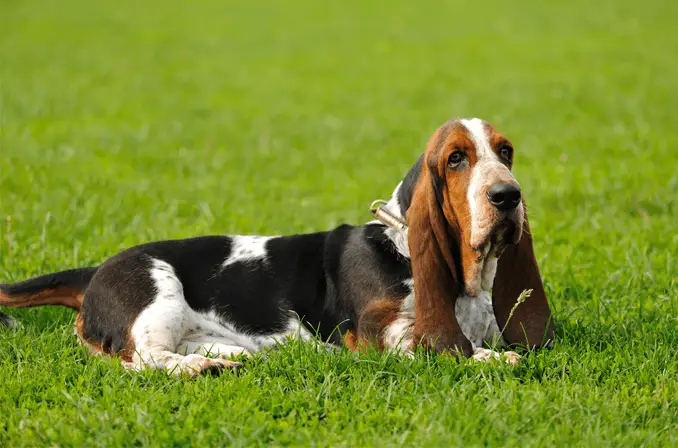
When Lord Galway was given one of these dogs as a gift in the 1860s, the breed was first introduced to Great Britain. The breed was further developed by Lord Galway, Lord Onslow, and Everett Millais. They crossed it with other breeds like the Bloodhound and the Beagle, and the first breed standard was created.
After the First World War, the number of Basset Hounds dropped, and the breed club was shut down in the 1920s. Once again, World War II ended the small revival that occurred in the 1930s. It wasn't until the 1950s that the Basset Hound enjoyed a rebirth in popularity.
Today, Bassets are mainly companions, but a few owners still keep them for hunting.
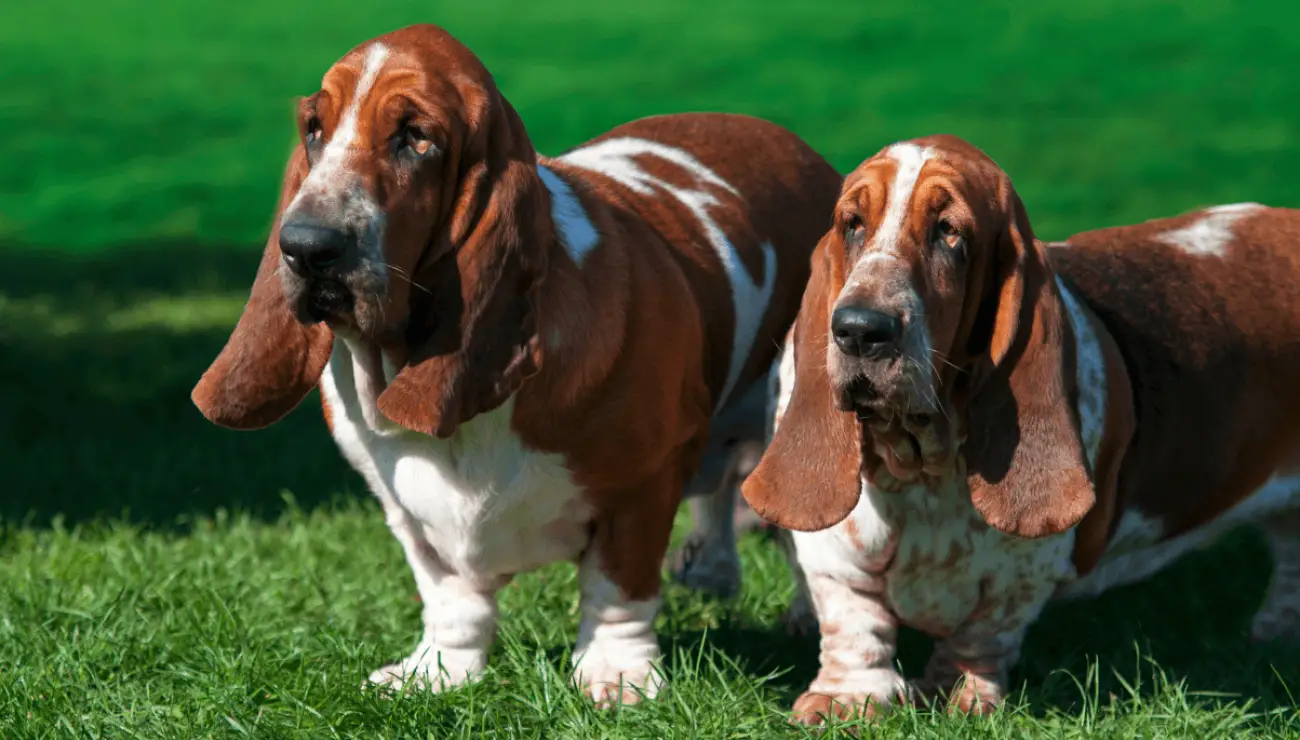
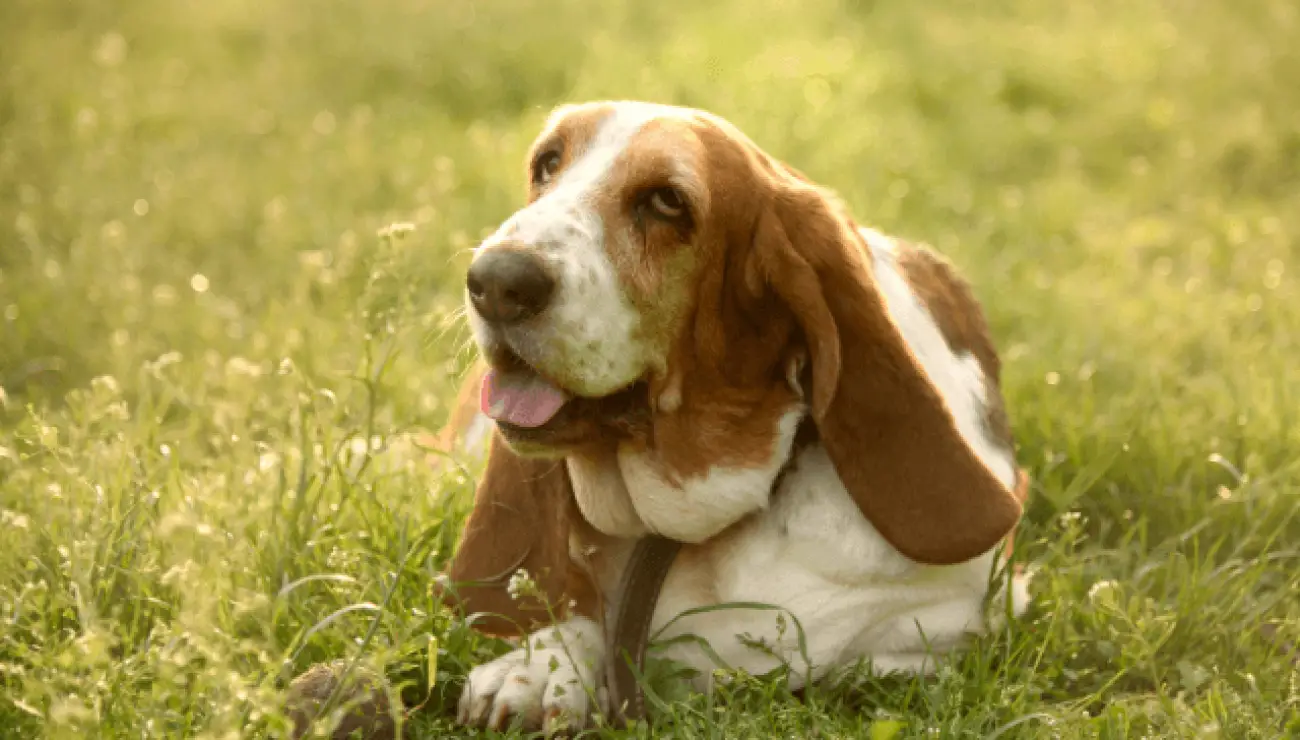
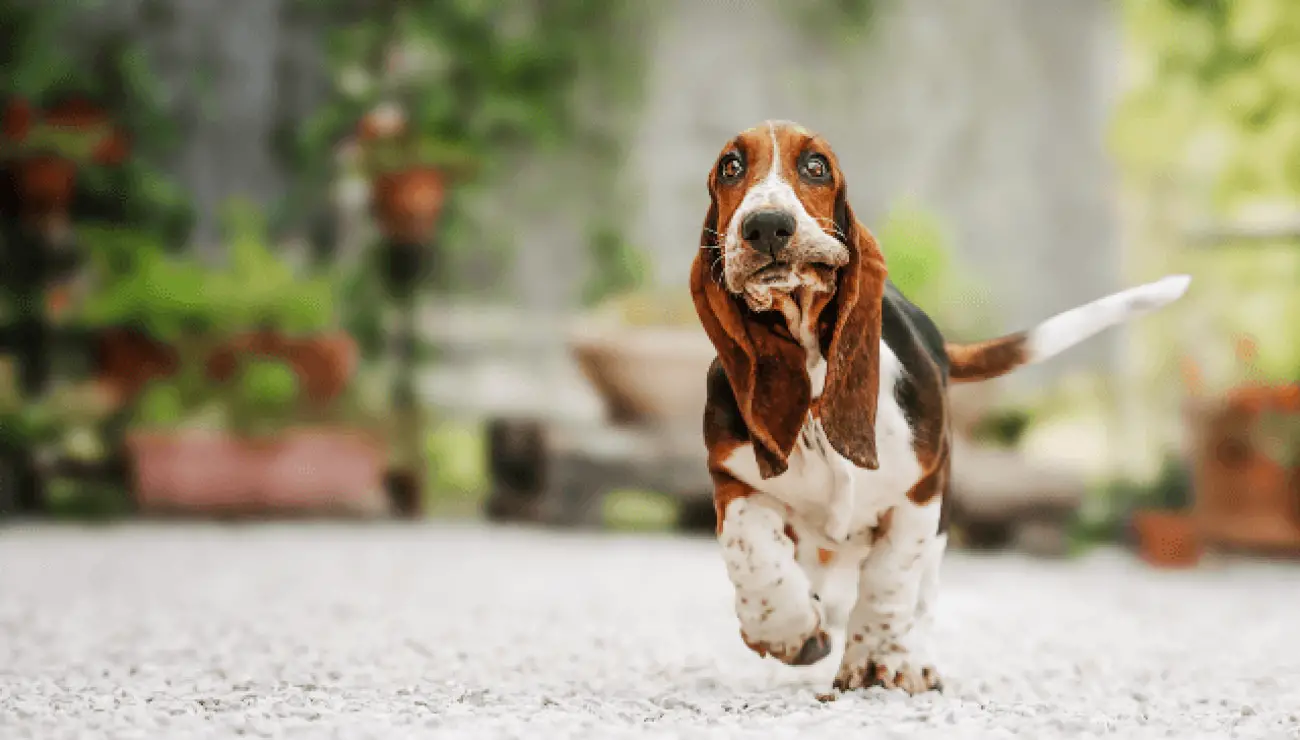
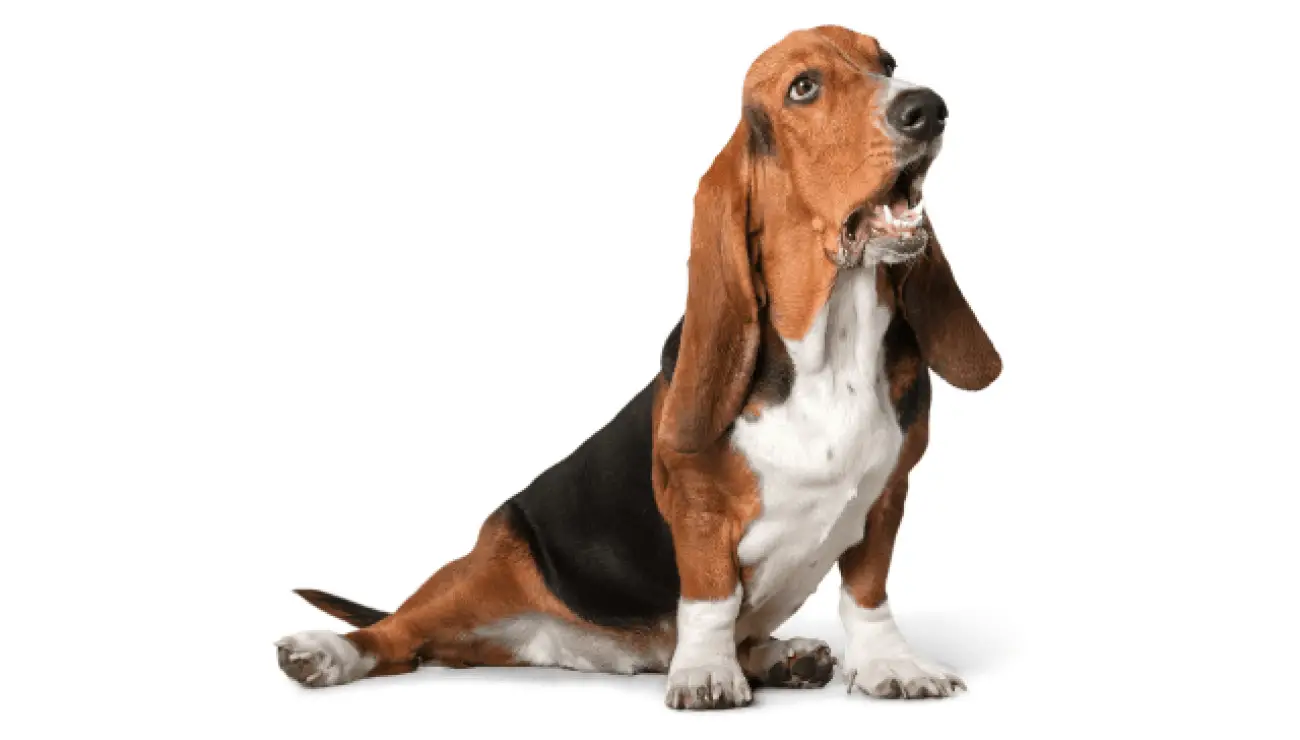
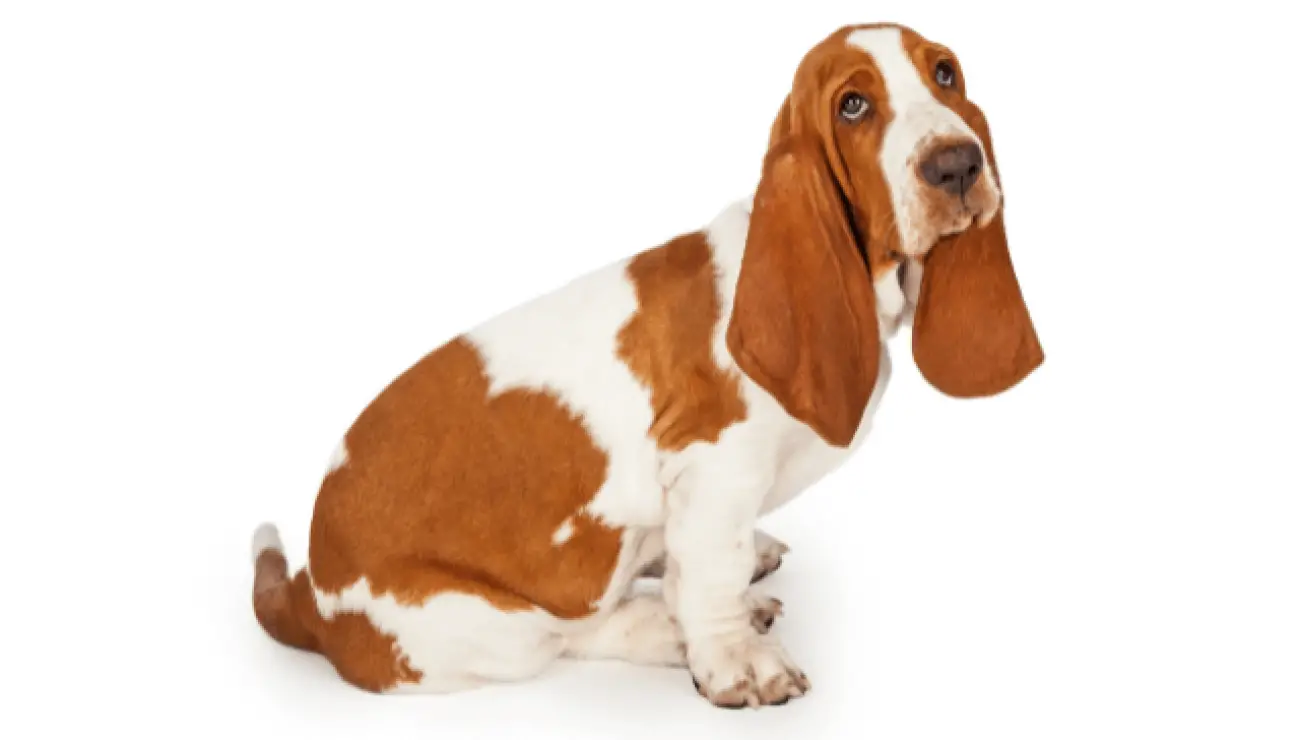
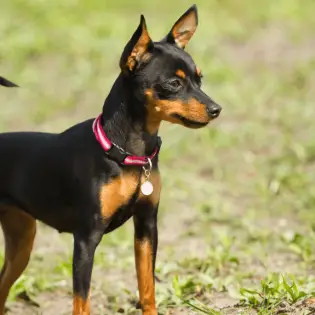
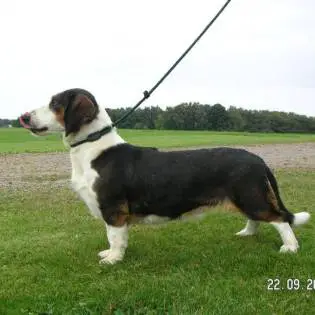
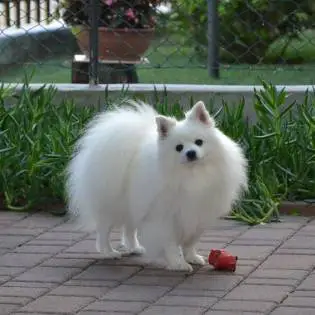
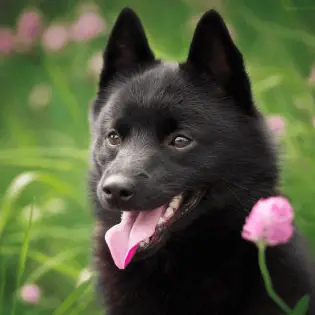
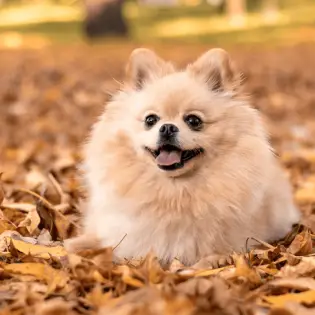
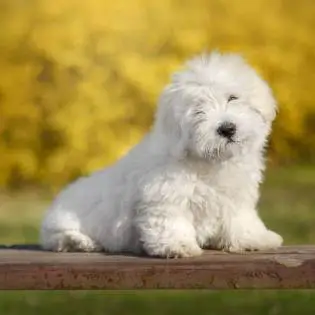
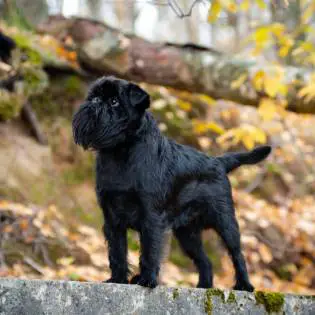
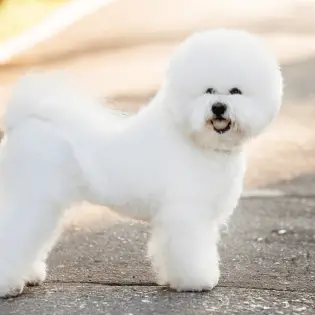
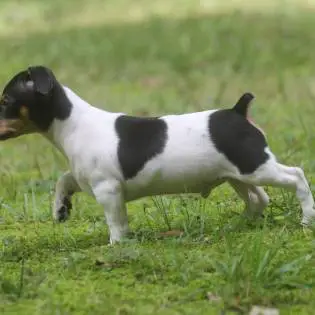
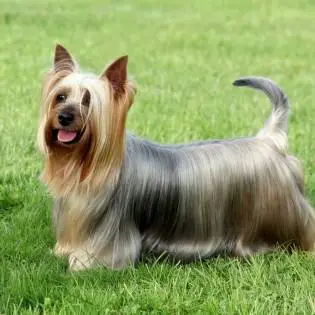

Share